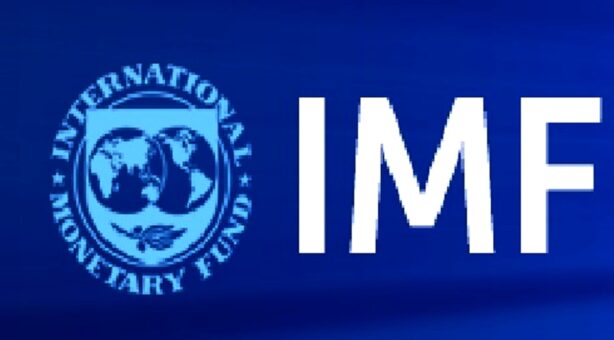KARACHI: The International Monetary Fund (IMF) has highlighted points of Pakistan’s budget 2019/2020 which envisaged a substantial revenue driven fiscal consolidation.
“The FY 2019/20 budget envisages a substantial fiscal consolidation. The primary deficit is expected to decline to 0.6 percent of GDP, from estimated 1.8 percent of GDP in FY 2018/2019,” the IMF said in the country report on Pakistan issued on Monday after a successful $6 billion loan program for the country.
The report said that the envisaged fiscal consolidation will be largely revenue driven:
a) Sales tax measures are mostly focused on simplifying the system by eliminating numerous exemptions and preferential rates and enhancing the sales tax of petroleum products. In particular, exemptions granted to four export-oriented sectors for domestically sold products will be eliminated, together with non-essential food related products exemptions.
Moreover, preferential rates related to sugar, steel sector, edible oil, medium and large retailers will also be eliminated and aligned with the standard 17 percent sale tax rate.
b) Income tax measures will aim at widening the tax base and closing the loopholes that are fostering tax avoidance.
The income tax threshold will be reduced for salaried and non-salaried individuals to PRs 600,000 and PRs 400,000 respectively, and the tax rate at the top of income distribution increased.
The collection of withholding tax on telecom services that had been stalled in the court will be resumed, and tax credit available for machinery investment and to non-profit organizations will be rationalized.
The FBR will also align the value of immovable properties with market rates and specify conditions under which the long-term lease hold will be considered as the purchase of property.
In addition, the minimum tax rate will increase and taxation of gifts from unrelated persons will be introduced.
c) Federal excise duties on certain products will be introduced or increased (cigarettes, sugary drinks, cement); while
d) custom duty measures will eliminate the exemptions on import of liquified natural gas and increase the additional custom duty for finished and luxury goods.
e) Revenue administration measures will support policy implementation. The emphasis will be given to the modernization and digitalization of FBR functions, improvement of the database and the streamlining of legal procedures.
To strengthen the collection of excises on cigarettes and eliminate illicit trade, the track-and-trace system will we implemented in the second quarter of the year.
